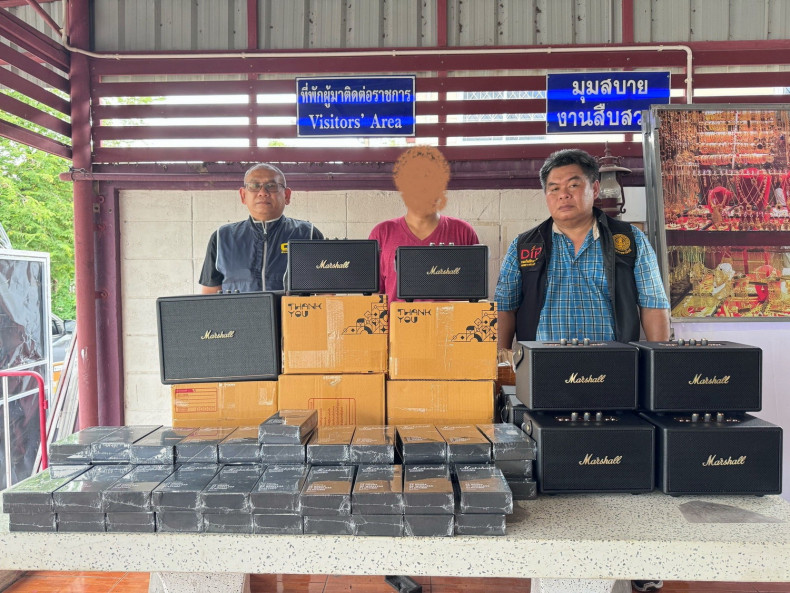Aggressive Campaign Targets Counterfeit Trade
Intellectual Property Enforcement Strengthens
The Department of Intellectual Property (DIP) has made significant strides in its fight against counterfeit goods, confiscating over 1.3 million fake items in a robust six-month operation. This crackdown, aimed at curbing intellectual property violations, resulted in 139 legal cases, marking a strong stance against the illegal trade of counterfeit products.
Collaborative Efforts Boost Crackdown Success
Partnerships Drive Effective Raids
The DIP joined forces with the Economic Crime Suppression Division (ECSD), local law enforcement, and private sector representatives to execute the operation. According to DIP director-general Nusara Kanjanakul, this collaborative approach was key to targeting major distribution networks, ensuring a broad and impactful enforcement strategy.
Online Platforms Under Scrutiny
E-Commerce Hubs Face Intense Raids
A significant portion of the operation focused on online marketplaces, where authorities seized over 700,000 counterfeit products. Items ranged from shampoos and skincare creams to vitamins, dietary supplements, and mobile accessories. These products, often manufactured without safety or hygiene standards, pose serious health risks due to potential contamination with harmful chemicals.
Raids Extend to Physical Markets
Bangkok and Provincial Hubs Targeted
Beyond the digital realm, enforcement teams conducted extensive raids across commercial districts in Bangkok and other provinces. Over 600,000 counterfeit items, including fake leather goods, clothing, accessories, and automotive parts, were confiscated. These operations disrupted the supply chains fueling the counterfeit market in key trading areas.
Tourist Hotspots in Focus
Fake Goods Harm Thailand’s Reputation
Special task forces inspected 30 major shopping malls in Bangkok, uncovering a trove of counterfeit brand-name products aimed at tourists. These fake goods not only deceive consumers but also tarnish Thailand’s global image and economy. The DIP emphasized that such violations undermine trust in the country’s markets.
Public Urged to Shop Wisely
Penalties Highlight Severity of Violations
Nusara Kanjanakul stressed the importance of consumer vigilance, urging the public to buy from reputable sources and avoid suspiciously cheap deals. Selling counterfeit trademarked goods carries penalties of up to four years in prison, fines of 400,000 baht, or both. Copyright violations face even steeper consequences, with fines up to 800,000 baht and similar prison terms.
Ongoing Commitment to IP Protection
Safeguarding Economy and Consumer Safety
The DIP remains committed to tackling intellectual property infringement, particularly as low-cost fake goods flood the market. This operation underscores the agency’s dedication to protecting both consumers and Thailand’s economic interests. By maintaining pressure on counterfeit networks, the DIP aims to foster a safer and more trustworthy marketplace.









